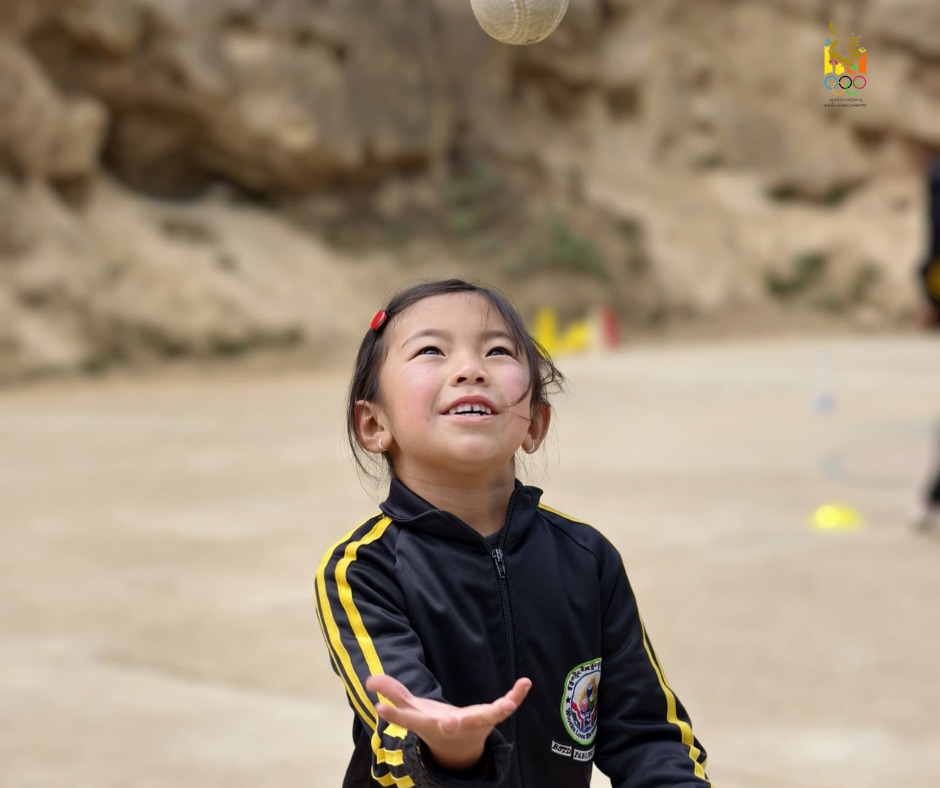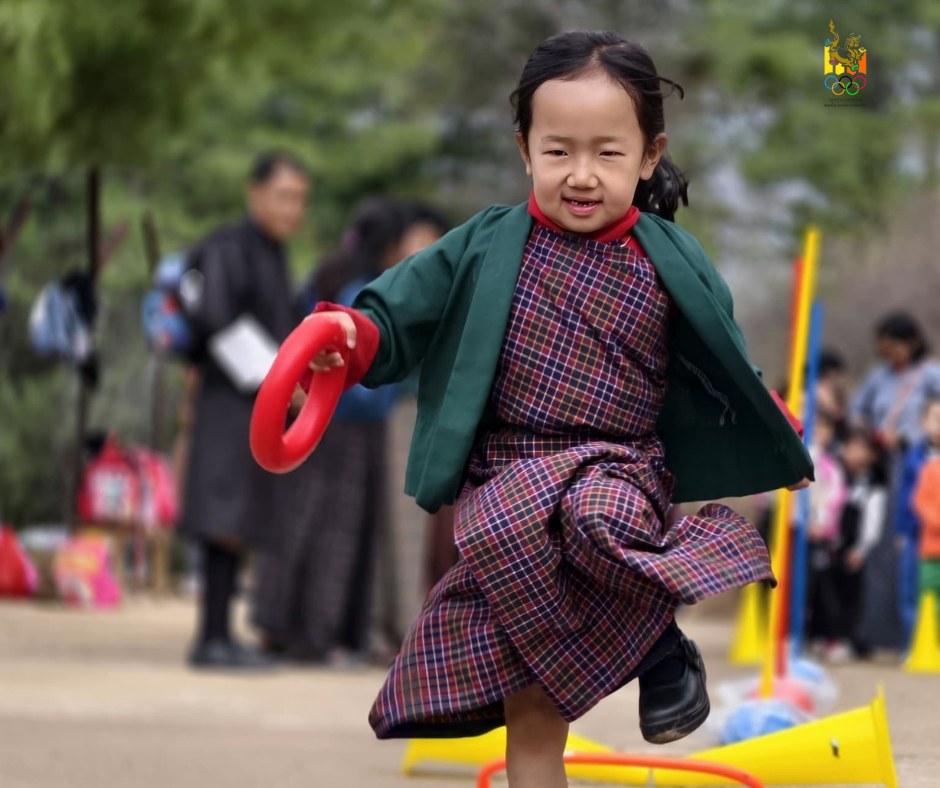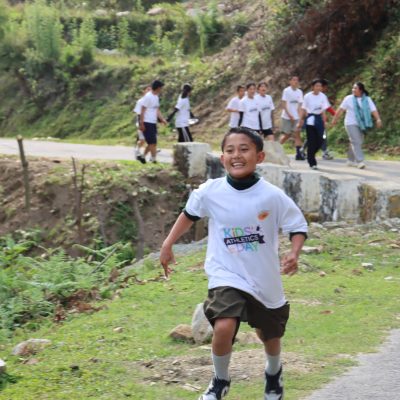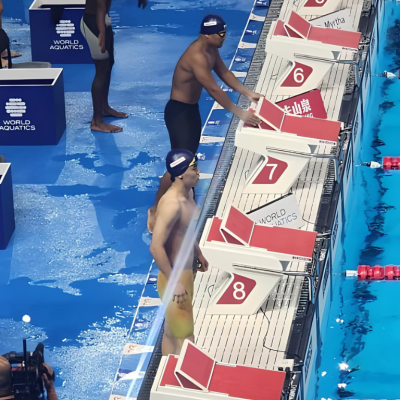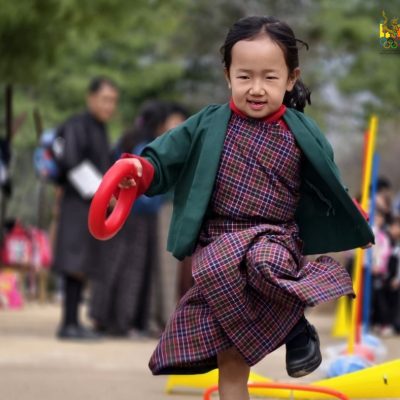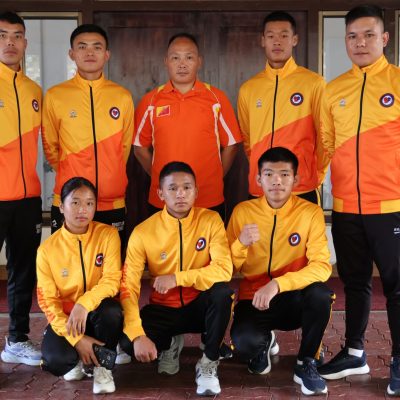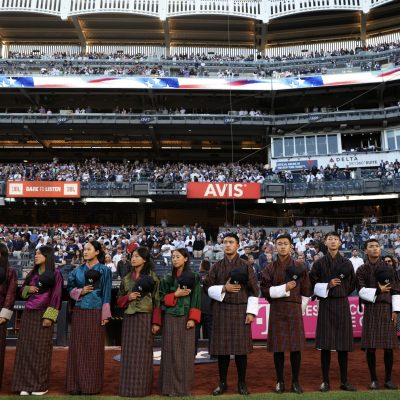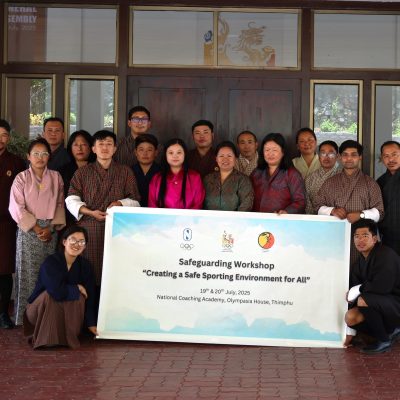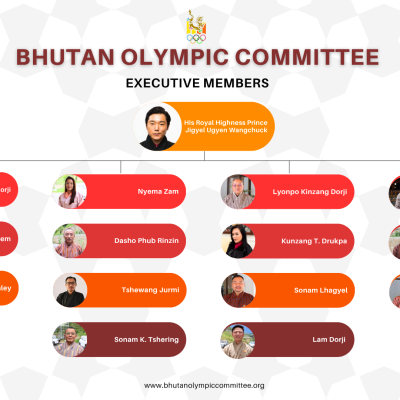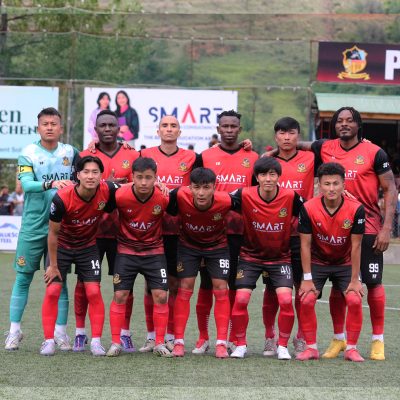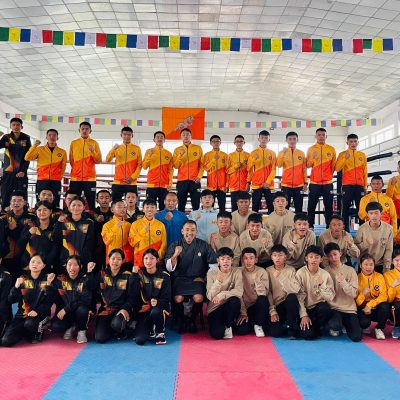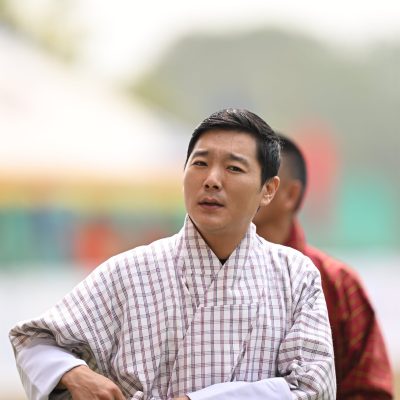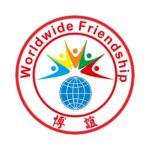When the Olympic Spirit Breathes Through the Mountains of Bhutan
Sport as a Prayer, Values as Our Victory.
There is a stillness in Bhutan that the world often speaks of, a silence that hums with life. It is in this silence that the Olympic Spirit whispers its truths – not in grand stadiums, but in the footsteps of a young archer on a misty morning, in the laughter of children playing barefoot in the high valleys, in the determination etched on the face of an athlete who trains under the open sky.
To contemplate the Olympic Spirit is to contemplate humanity itself. It asks of us: What does it mean to strive? What does it mean to belong? And in Bhutan, the answers are neither loud nor hurried. They are gentle, like prayer flags swaying on a hilltop, and profound, like the mountains that hold us close.
In the world beyond our borders, excellence often wears the face of victory. But in Bhutan, excellence is not about standing above others – it is about standing true to yourself. It is the farmer’s child who runs after school, not to win medals, but to chase a dream born in the wind. It is the archer who draws his bow with quiet mindfulness, knowing that perfection is not in the target, but in the stillness of his own breath.
Today, through the Bhutan Olympic Committee’s programs, this understanding of excellence is shaping lives from the valleys to the highlands. In schools across the nation, Physical Education classes are not just about movement; they are lessons in resilience and confidence. Children are taught that giving their best is more important than being the best. They learn that every step taken with honesty and effort is a victory that no medal can replace.
Our young athletes carry this belief into their daily routines. They train not because someone demands it, but because they feel the quiet joy of progress. They wake up at dawn, tie their laces, and run along mountain paths, embracing fatigue as a teacher, not an enemy. They know that the pursuit of excellence is not about a single race—it is about a lifetime of becoming.
In a world of divisions, friendship is a radical act. The Olympic Spirit invites us to see beyond flags and borders, to recognize in every competitor not a rival, but a reflection of our own hopes. In Bhutan, this value feels deeply familiar. It is woven into our tradition of hospitality, in the way a stranger is welcomed with a warm bowl of suja, in the communal games of khuru that bind neighbors together under the open sky.
In schools, these lessons live in playgrounds where children cheer not only for their house but for their friends, even if they wear a different color sash. They learn to share, to console, to celebrate together. They learn that winning is sweeter when the whole community rejoices, and losing is lighter when hands reach out in comfort.
For our athletes, friendship transcends competition. When they travel to represent Bhutan, they do so not to conquer, but to connect. They build friendships with peers from nations far away, sharing stories of mountains and dzongs, exchanging simple gifts and even simpler smiles. They bring these friendships home, teaching others that sport is not a battle—it is a bridge of hearts.
Perhaps the most profound of all Olympic values is respect—respect for the rules, for each other, for the earth beneath our feet. In Bhutan, respect is not a gesture; it is a way of life. It is bowing before a chorten, not because we must, but because we recognize the sacredness of all things. It is walking mindfully on a trail, leaving no footprint that harms the future.
Our schools have taken this value and turned it into living lessons. Children are taught to care for their playgrounds as they would for their homes, to treat teammates and opponents alike with dignity, and to honor referees, teachers, and elders who guide them. They learn that every game is played on sacred ground—the ground of fairness, integrity, and shared humanity.
Athletes embody this respect in the simplest yet most powerful ways: a handshake before the game, a bow of the head after a match, an acknowledgment that rules are not chains but threads that hold the fabric of sport together. They know that respect transforms competition into something noble, something that uplifts rather than divides.
The Olympic Spirit is not a flame that burns only once every four years. In Bhutan, it flickers every day—in school playgrounds, in rural tournaments, in the dreams of a child who believes that even from the smallest nation, greatness can rise.
When our athletes march under the flag of the Thunder Dragon, they remind the world that strength is not in numbers, but in purpose. They remind us that in an age of speed, the most powerful message is still whispered in silence: that humanity is one family, and sport is its universal prayer.
The Bhutan Olympic Committee is ensuring that this flame burns brighter with each passing year. Through school programs, youth festivals, community outreach, and athlete development initiatives, the values of excellence, friendship, and respect are not just taught—they are lived. They ripple outward from the classrooms to the sports fields, from the valleys to the global stage, carrying Bhutan’s quiet message of hope and harmony.
And so, as the world gathers under the five rings, Bhutan stands humbly among giants, offering what it has always offered—a vision of harmony, a song of hope, and a promise that the Olympic flame will keep glowing in these mountains, as eternal as the snows that crown them.
For in Bhutan, the Olympic Spirit is not an event. It is a way of being.
Bhutan Charts a Fresh Path in Sports Leadership
Curious to know who’s shaping the future of sports in Bhutan? Meet the full executive board here
Latest Updates and Insights
Discover our newest blogs, news, and announcements—curated just for you. Stay informed and inspired!
THE WORLDWIDE OLYMPIC PARTNERS


